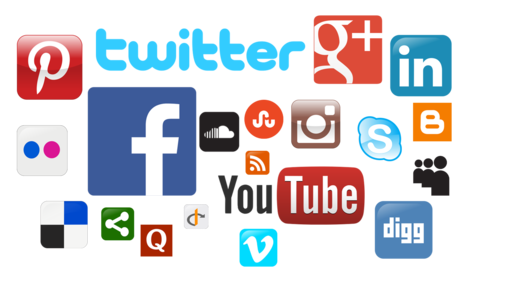“Narcissus as narcosis”

As Canadian philosopher and media theorist Marshall McLuhan McLuhan wrote in his book Understanding Media,
Like any other extensions of man, typography had psychic and social consequences that suddenly shifted previous boundaries and patterns of culture. … Electric means of moving of information are altering our typographic culture as sharply as print modified medieval manuscript and scholastic culture (McLuhan, 2003, p 233).
Even so, McLuhan observed, many people remain “blissfully ignorant” about the effects of media, especially the unintended consequences of new technologies. In Understanding Media, he described this ignorance in a chapter titled “Narcissus as Narcosis” (p 63). Just as Narcissus became frozen upon seeing his own reflection, we experience a kind of paralysis (or mental “numbness”) when we externalize (or “extend”) our body and nervous system in the form of new technologies.
As a result, we’re often blind to their effects on our minds and lives, leaving us vulnerable to influence in ways we didn’t anticipate. Simply put, new technologies have a double-edged quality. On the one hand, they’re useful tools that allow humankind to gather information and understand our environment. However, like Narcissus, we can become mesmerized and held captive by their power, unaware of their unintended consequences or effects on us.
Unintended consequences of smartphones and social media
Since McLuhan only lived till 1980, his work did not include a chapter on smart devices or social networking sites. Still, his observations remain relevant for understanding some of the unintended consequences of these technologies. In this three-part article, I’ll focus on three of those unintended consequences:
- The loss of privacy (a social consequence)
- The rise of surveillance capitalism (an economic consequence)
- The disruption of democracy (a political consequence)
To begin, consider how smartphones and social media have affected our social views concerning personal privacy.
Trading privacy for convenience
Facebook was launched in 2004. The first iPhone was released in 2007. Together, these technologies forever changed the media environment. Few had imagined they would use their devices to connect with others online and chat on social networking sites. Clearly, smartphones and social media have altered how we communicate and share information about ourselves.
Nevertheless, the darker side of these technologies is coming into focus. Take Facebook as an example. Early on, one of Facebook’s corporate slogans was “move fast and break things.” Break what, we might ask? An answer came in 2010, when CEO Mark Zuckerberg declared privacy was no longer a “social norm.”
Perhaps that won’t surprise anyone. Motivated by convenience, users have traded privacy for ‘free’ services, despite the lack of a regulatory framework. Nonetheless, the unintended consequences of this bargain can no longer be ignored. Now, the personal data we casually share online is being weaponized and used against us.
You’re the product, not the customer

Why? In short, to predict and shape consumer behavior. Big tech companies like Facebook create algorithms to surveille what you do online and collect as much of your personal data as possible. Then, they sell access to this information to other companies, which, in turn, try to hit you with nonstop advertisements and sponsored content whenever you’re online.
At first glance, this algorithmic surveillance by big tech may not strike some people as a big deal. In the past, companies tried to target us with commercials and junk mail, and we treated it as more of a nuisance than a loss of privacy. Still, what makes today’s situation different is that big tech companies have access to unprecedented amounts of our personal data, not to mention sophisticated algorithms that monitor and manipulate our data, affecting what we see (and what we don’t see) on our screens.
As Harvard business professor and author Shoshana Zuboff has argued, our private experiences have become raw materials for the products of a new type of business technology model: surveillance capitalism. Which brings us to another unintended consequence of social media: the rise of surveillance capitalism, a topic I cover in Part II of this article.
References
McLuhan, Marshall. (2003). Understanding Media: The Extensions of Man: Critical Edition. (W. Terrence Gordon, Ed.). Berkeley: Gingko Press. (Original work published 1964.)